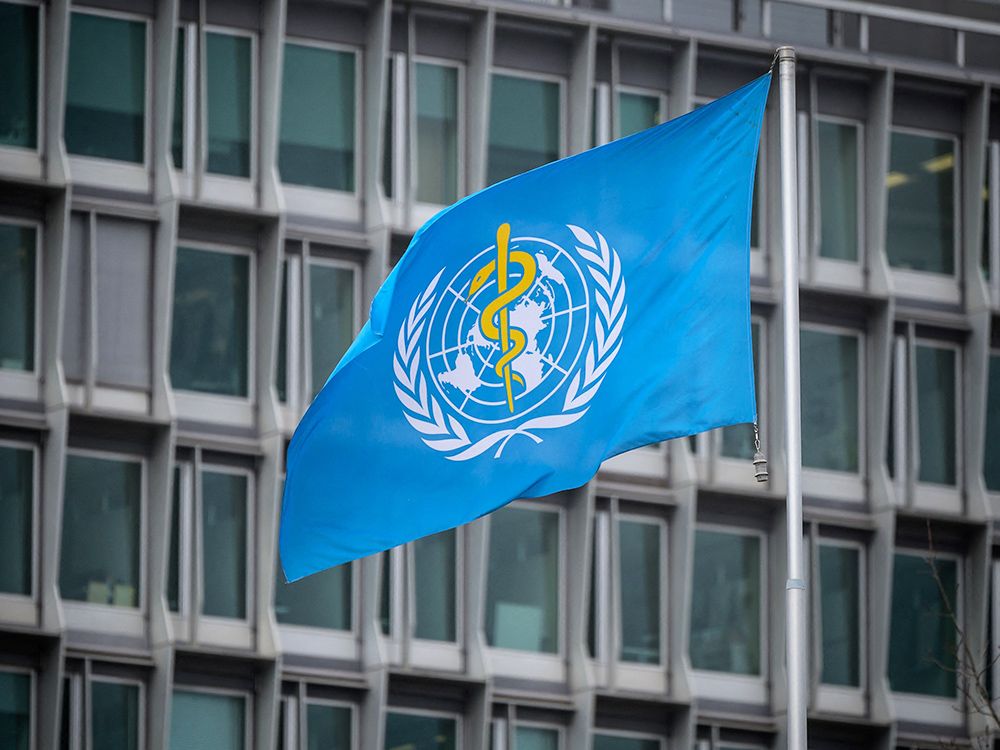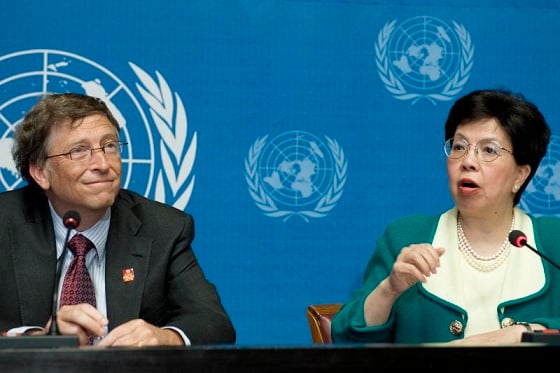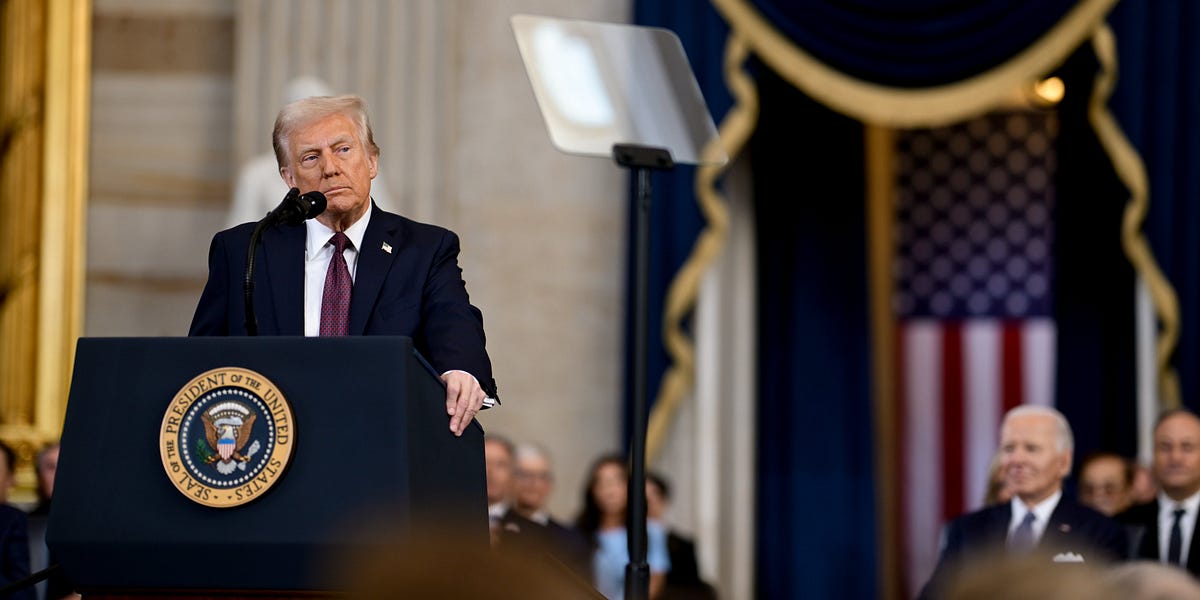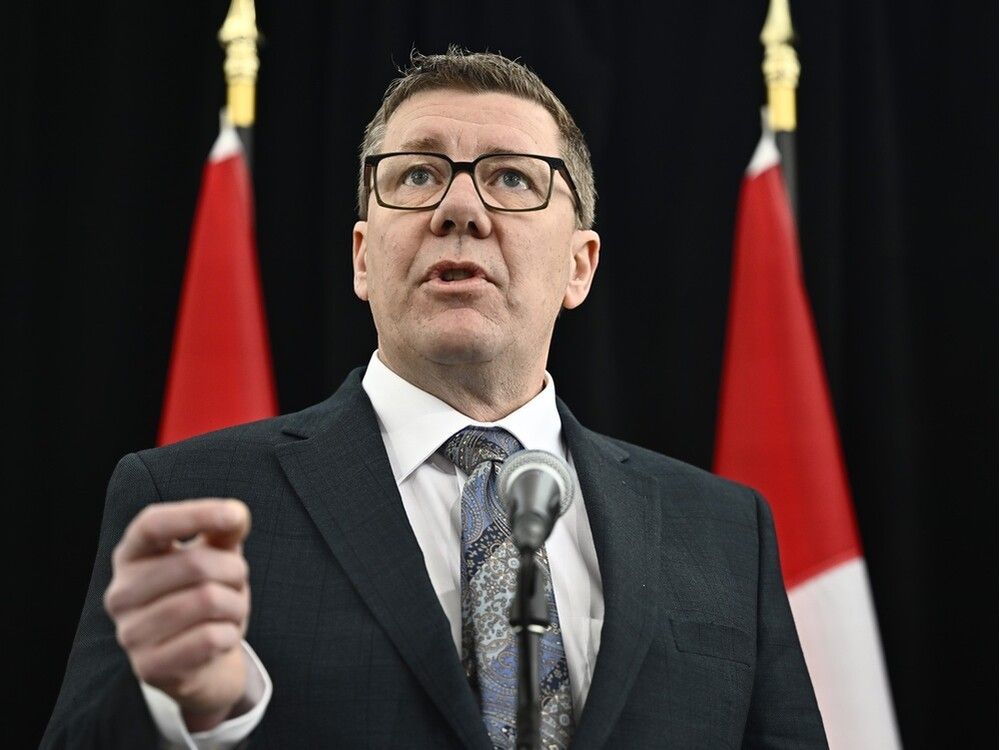In the spirit of Roosevelt, Trump could assert a right to intervene diplomatically, or perhaps even militarily, to prevent some extraregional red team from ensconcing itself in Greenland, Panama, or elsewhere in the Americas. Presumably, Roosevelt would approve. It’s important to note, however, that today’s circumstances differ in one drastic way from the age of Roosevelt, Cleveland, or Monroe. The first three phases of the Monroe Doctrine involved defending American states confronting extraregional aggression, an unwelcome act. No society relishes the prospect of foreign bullying or subjugation. But here’s the wrinkle for Trump: what if a government in the Western Hemisphere
welcomes an outsider onto its sovereign territory?
By what right would Washington deny a willing American state its sovereign rights?
It’s hard to say. Such contingencies, moreover, are far from hypothetical. They have happened. In recent years, China has pursued commercial access to seaports all around the world’s rimlands, often garnering notable success. Not long ago, for example, Xi Jinping traveled to South America to
inaugurate a Chinese-bankrolled container port at Chauncey, along the Peruvian seacoast. China made inroads in the Western Hemisphere not by bombast, or by sending the People’s Liberation Army Navy to collect debts, but by appealing to the self-interest of a Latin American state. Xi wooed Peruvian leaders, promising to further the two countries’ well-being through seagoing trade and commerce.
Prosperity confers leverage on its bringer. Beijing might attempt to parley commercial into military access at some future time, as imperial powers have throughout history. But then again, it might not. What-ifs make a flimsy basis for demanding that Western Hemisphere governments deny foreigners control of their harbors—especially when such access profits them.
The nature of the current strategic competition, then, suggests that Trump will need to craft a corollary to the Monroe Doctrine radically different from Roosevelt’s. It will depend on consent from fellow American governments. U.S. diplomats will need to convince their regional counterparts that intentions can change on a dime. In other words, China is not a partner pursuing agreements for mutual, apolitical economic gain. It is pursuing power—including forward-deployed military power. Covenants guaranteeing mercantile access could morph into something altogether more sinister at the discretion—or even the whim—of Beijing. In short, Washington must persuade governments throughout the Americas that the risks of intimacy with China outweigh the benefits. And to go with diplomatic outreach, the
dealmaker-in-chief must offer them economic, diplomatic, and military inducements to bandwagon with the United States.
Imagine that. Far from being blustering or coercive, a Trump Corollary could give rise to a hemispheric-defense effort that manages hostile outsiders’ access to the Americas while advancing the common weal. Let’s make it so.











